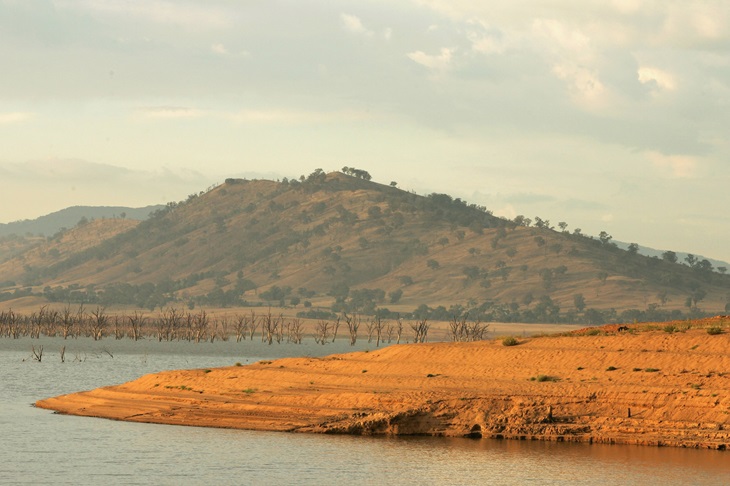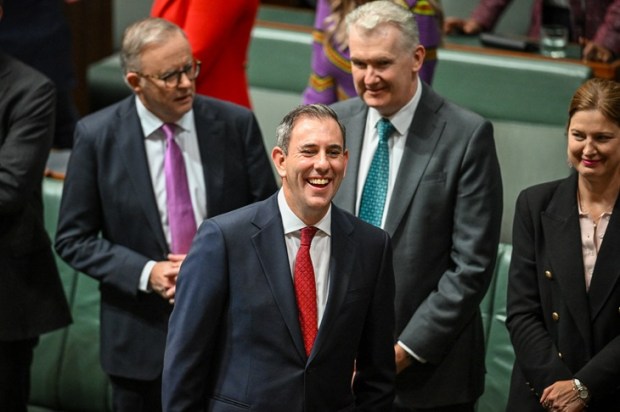Twenty-five years ago, initiating a pattern that is now commonplace, a group of radical environmentalists calling themselves scientists launched a campaign to re-allocate water, then being used in agricultural production, to the ‘environment’. The claim was that agriculture, and especially irrigation, was causing environmental stress through salinisation of the soil and erosion.
Already a subscriber? Log in
Subscribe for just $2 a week
Try a month of The Spectator Australia absolutely free and without commitment. Not only that but – if you choose to continue – you’ll pay just $2 a week for your first year.
- Unlimited access to spectator.com.au and app
- The weekly edition on the Spectator Australia app
- Spectator podcasts and newsletters
- Full access to spectator.co.uk
Or


























Comments
Don't miss out
Join the conversation with other Spectator Australia readers. Subscribe to leave a comment.
SUBSCRIBEAlready a subscriber? Log in